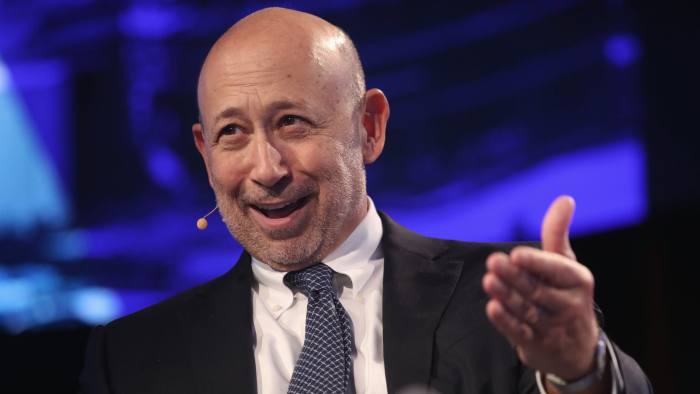Goldman Sachs Group Inc said today that it expected its fourth-quarter earnings to decrease by about $5 billion, as the bank looks to take advantage of a new tax law that makes it cheaper for U.S. companies to repatriate profits.
According to Reuters, the bank, in a statement with the Securities and Exchange Commission, projected that about two-thirds of the $5 billion decrease would be due to repatriation tax, the cost of moving money from foreign countries to the U.S., Goldman.
It, however, stated that the impact of the tax legislation may differ from the estimate, according to the bank.
President Donald Trump had signed into law last week the U.S tax reform bill which significantly cuts the corporate tax rate to 21 percent from 35 percent.
The new law provides that profits brought back to the United States would not be taxed at the full 35-percent corporate tax rate that would normally be due. Instead, those profits would be taxed at only 15.5 percent for cash assets and 8 percent for illiquid assets.
Analysts believe that Apple Inc is one of the likely big beneficiaries of the tax overhaul since it allows the company bring back its $252.3 billion foreign cash pile without a major tax hit.
Last week, Drugmaker, Amgen Inc, disclosed that it expected to incur tax expenses of $6 billion to $6.5 billion over time as it repatriates cash.
Several other companies have also warned of a one-time loss due to the tax overhaul, Delta Airlines said it may take a hit of around $200 million to tax expense.
Big European banks such as Barclays, UBS Group and Credit Suisse Group said the new tax rules will cost each between $1.3 billion to $3 billion.
JPMorgan Chase & Co, Wells Fargo and Morgan Stanley did not immediately respond to requests for comments.
Bank of America said in a public filing last week it expects net income for the quarter ended Dec. 31, 2017 to reduce by about $3 billion, mainly due to lower valuation of some deferred tax assets.






